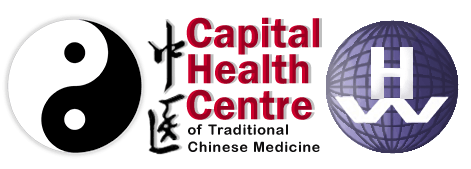How Breathing is Important in Acupuncture
We have already discussed how the treatment plan for individual clients is discussed and implemented through the process of a consultation and initial review, and how this impacts working towards the individual health journeys of clients. There are many different aspects that affect the healing process, such as the discussions you have about your health, your individual reflection of your health, and your surrounding environment.
In acupuncture, breathing is also very important for the effectiveness of the treatment, and for the benefit of the health process. Acupuncturists communicate to clients and encourage them to adopt certain breathing techniques which can support them throughout the treatment. The classic technique is that when the needles are being put into the body, you breathe in, and when the needles are being taken out of the body, you breathe out. Breathing techniques can either work to help make you stronger, or can focus on helping you relax and relieve tension. Clients can also breathe stronger to maintain the qi energy inside of them.
The breathing technique which requires you to breathe in when the needles are being put in, and to breathe out when they are being taken out of the body, has a more calming effect on the body, whereby tensions and stress are alleviated.
There are also breathing techniques for when the needles are already in the body. For example, clients can use more time breathing in and then quickly out which will have a different effect as the quick release of breath makes the client feel stronger, whilst a longer release of breath is aligned with a calming effect.
The breathing technique recommended to you by your practitioner may not only focus on the timing of when you breathe in and out. For example, some clients may be sensitive to the needles, feel pain, or have fear surrounding acupuncture. In this case, clients are advised to hold their breath for a short amount of time, and then when the needle penetrates their skin, they breathe out. This can help a lot with the stress surrounding acupuncture.
Therefore, in this holistic healing world, there are many factors that your acupuncturist will consider when conducting your treatment, which can contribute to the overall benefit of the therapy. Regarding breathing techniques specifically, practitioners will advise you about an appropriate technique to best suit you in your treatment.




